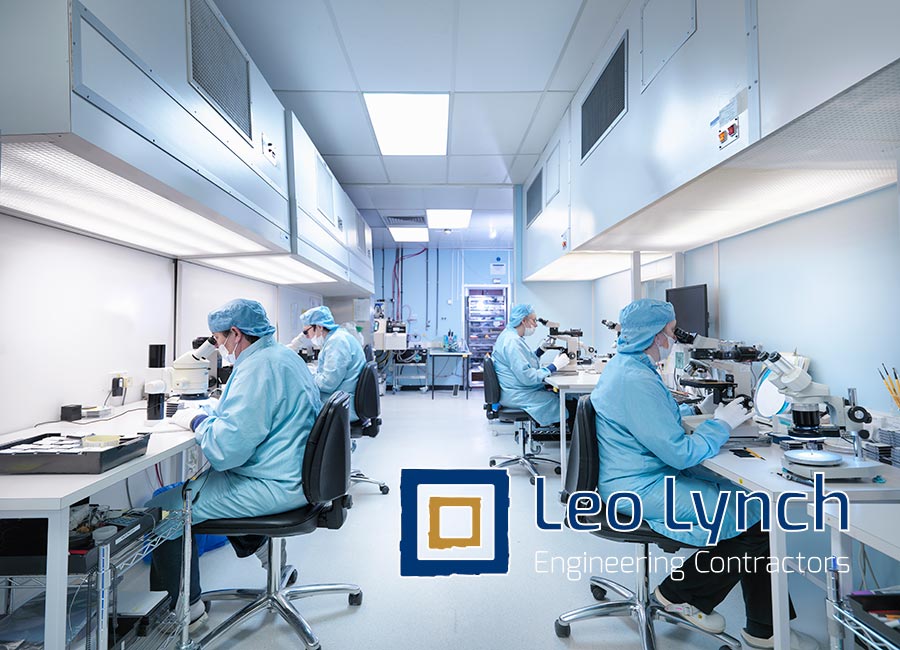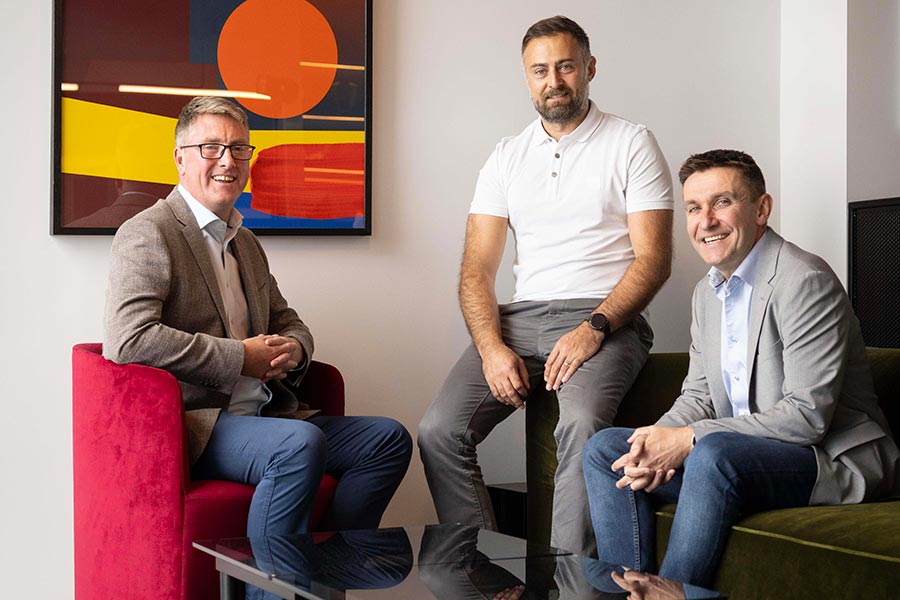For decades Irish companies have punched above their weight on the international engineering stage, and in 2022 some of the long-established players were snapped up by overseas buyers. The main acquisitor was low-profile Texas billionaire William Harrison, who snapped up not just one but two of Ireland’s premier engineering firms.
For the appetiser, in May 2022 Harrison’s vehicle Cathexis Holdings purchased Leo Lynch, which provides process and mechanical engineering services, primarily to clients in the biotech, pharma, microelectronics, healthcare, food and medical technology sectors. Leo Lynch, established in 1964, had group turnover of €44m in 2020, down from €58m the previous year due to pandemic lockdowns. EBITDA in 2020 was c.€2m, and the family business was owned by Conor Lynch (56).
Next on the Harrison menu was the much larger morsel of Jones Engineering, acquired by Cathexis in June 2022. Jones had 2021 turnover of c.€920m, which converted to EBITDA of c.€64m. The group, founded in 1890 and employing c.2,100 people, is a leading mechanical, electrical and fire protection contractor operating around the world. Ahead of the sale to Cathexis, Jones Group shareholders shared a dividend payout of €47m, up from the €36m dividend in 2020. The company was owned by chairman Eric Kinsella (63.7%) and Jim Curley (27.3%)
William Harrison’s family’s fortune was created in the early 1900s by oilman and land baron Dan Harrison. On the Cathexis Holdings website, Harrison declares: “Given the permanent nature of our capital, we view the optimal hold period for a growing, profitable business to be forever. We believe a hold forever philosophy is in the best interest of our companies, as it allows management and ownership to ignore short term noise and focus on making investments which will strengthen a business’s competitive position into the future.”
How much did Cathexis pay for Jones? There might be a clue is the still to be approved acquisition of DPS Group by Dutch peer Arcadis. DPS, with 2,850 employees, was founded in 1974 and CEO Frank Keogh and investors effected an MBO in 1996. DPS Engineering first expanded outside Ireland in 1998 and generates c.90% of turnover from life sciences, semiconductor and pharma companies. Half the business is sourced in Europe and 40% in the US.
Filed accounts for the DPS holding company disclosed turnover of €396m in 2020. According to Arcadis, this reduced to €269m in 2021, and Arcadis said it was paying €232m cash to buy DPS, representing x8.1 times DPS’ estimated 2022 EBITDA. Arcadis has 33,000 staff and annual gross revenue of €3.8bn, and said DPS expertise will suit industrial manufacturing clients such as the high growth EV battery giga-factories.
The main DPS beneficiaries of the Arcadis deal are directors Frank Keogh, Eddie Kent, and chairman Donal Roche and his family. Professional advisers did well too. DPS legal adviser RDJ had ten lawyers working on the deal while the Arthur Cox legal team advising Arcadis numbered 23 solicitors.

While not on the same scale as the other engineering deals, Dolmen Engineering founder Niall Corrigan effected a pleasing exit when his Westport enterprise was acquired by NIRAS, a large Danish company that provides consultancy to pharma, life science and food and beverage clients. Corrigan (52) established life sciences specialist Dolmen in 2014 and grew the business to 25 staff and net worth of €1.1m at the end of 2020, according to filings. As well as a deserved payday, Corrigan continues to drive Dolmen forwards under the Danish umbrella.











